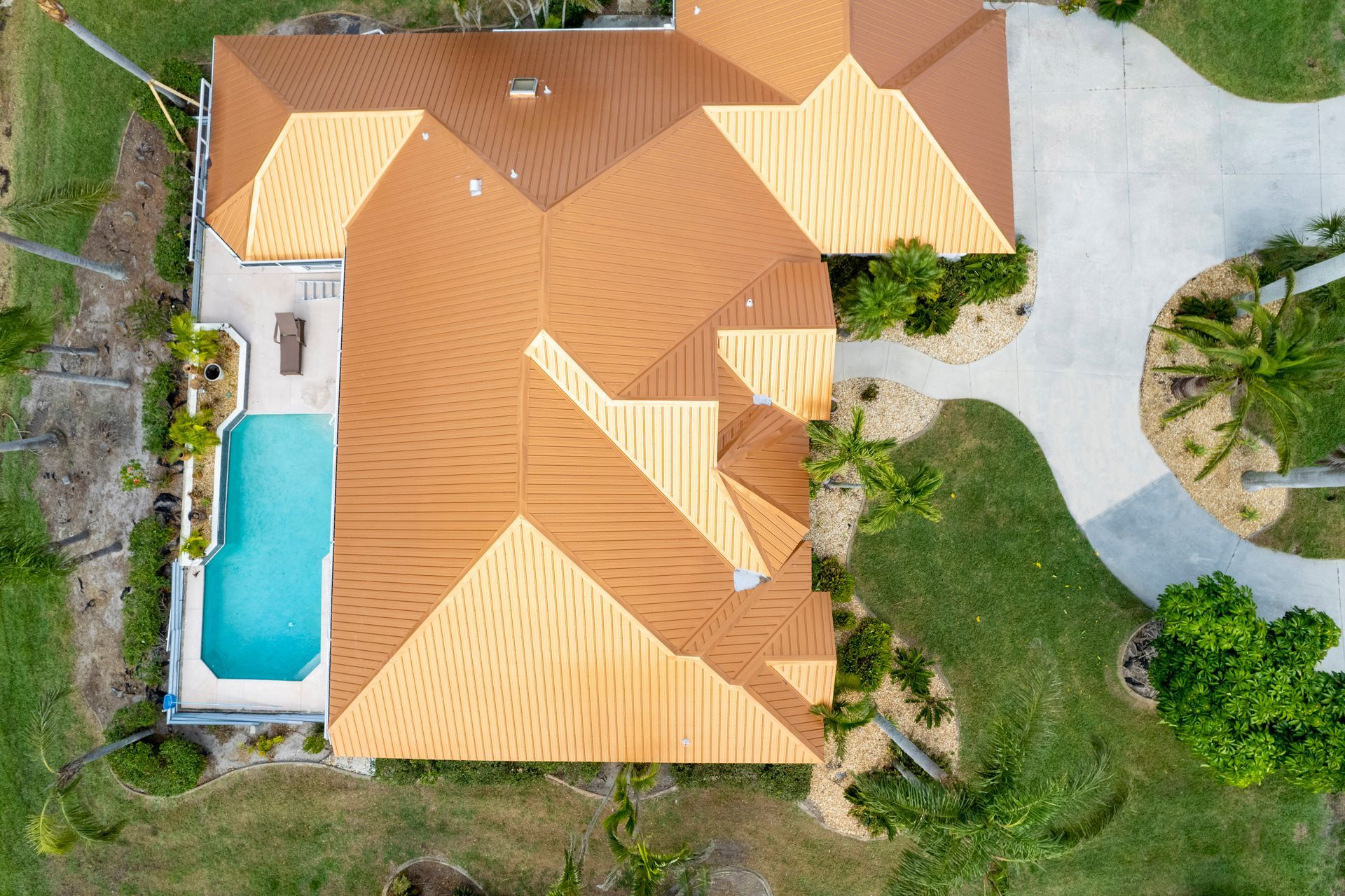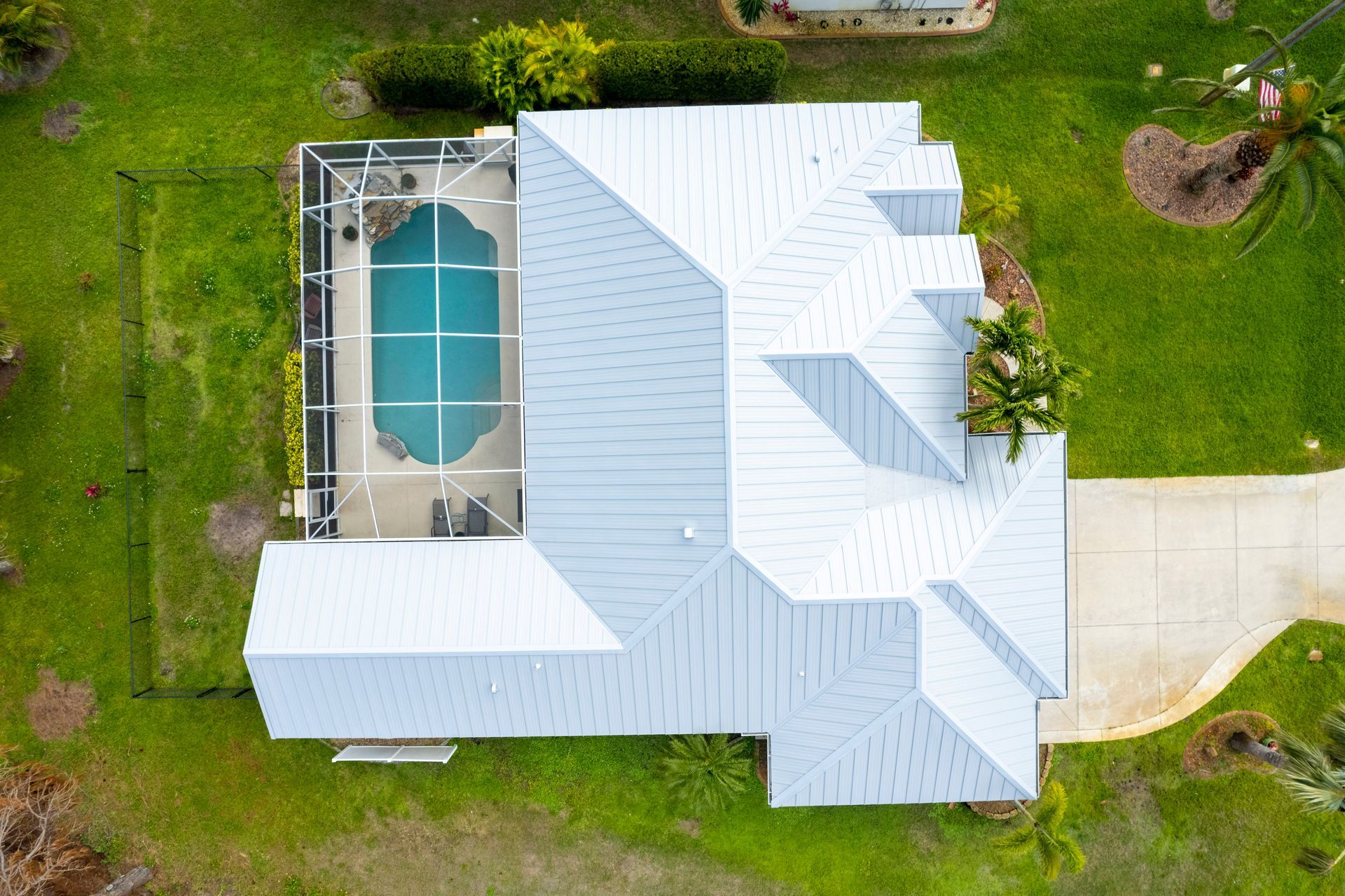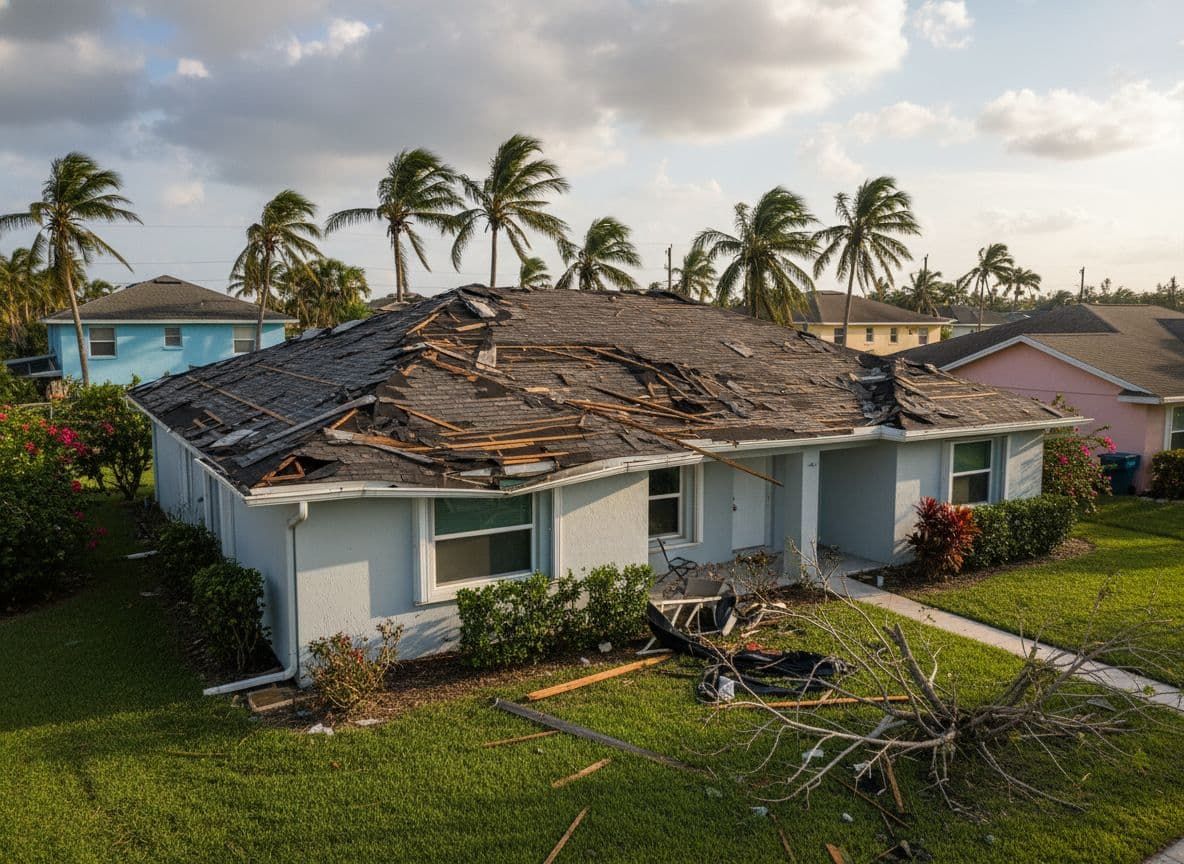The Roof Installation Process in Ft Lauderdale: A Step-by-Step Guide
Understanding Ft Lauderdale’s Roofing Needs
Ft Lauderdale's unique weather conditions make roofing a critical aspect of home maintenance. The area is prone to hurricanes, high humidity, and intense sunlight, all of which can take a toll on roofs. These factors necessitate materials and installation techniques that can withstand strong winds, resist moisture damage, and endure prolonged sun exposure. Homeowners must prioritize durability and resilience when selecting roofing options to ensure their homes are protected year-round.
In addition to weather considerations, local building codes and insurance requirements play a significant role in roof installations. South Florida has strict regulations designed to mitigate storm damage and improve structural integrity. For instance, certain roofing materials may be mandated for specific neighborhoods or wind-resistant features might be required. Understanding these rules helps homeowners avoid costly mistakes and ensures compliance with regional standards.
Initial Inspection and Consultation
A thorough professional inspection is the first step in any successful roof installation project. Contractors assess the existing roof for signs of damage, leaks, or structural weaknesses that could affect the new installation. This evaluation also includes checking the roof’s slope and determining its compatibility with different materials. By identifying potential issues early, contractors can provide accurate estimates and prevent surprises during the installation process.
Homeowners should prepare questions for their roofing consultations to make informed decisions. Key topics include the type of material best suited for their home, expected costs, and the timeline for completion. Open communication with the contractor ensures that both parties are aligned on goals and expectations, setting the stage for a smooth and successful project.
Planning and Choosing Materials
Selecting the right roofing material is a crucial step that balances aesthetics, budget, and functionality. In Ft Lauderdale, popular choices include asphalt shingles , metal roofing , and clay tiles. Each option comes with its own set of pros and cons. Asphalt shingles are cost-effective and versatile, while metal roofs offer superior durability and energy efficiency. Clay tiles , though more expensive, provide excellent heat resistance and longevity.
Compliance with local building codes is non-negotiable, and many homeowners take advantage of incentives for energy-efficient and storm-resistant roofing solutions. For example, reflective coatings or cool roofs can reduce cooling costs and qualify for rebates. By working closely with their contractor, homeowners can choose materials that meet code requirements, enhance property value, and align with their personal preferences.
Protecting Surroundings and Preparing the Work Area
Before work begins, contractors take precautions to protect landscaping, windows, and other parts of the property. Tarps are laid down to shield plants and walkways, while safety measures like barriers and warning signs are put in place to prevent accidents. This preparation minimizes disruptions and ensures the surrounding area remains safe and undamaged throughout the installation process.
Removing the Old Roof
The removal of the old roof is a meticulous process that involves tearing off existing materials such as shingles, tiles, and underlayment. Contractors carefully dispose of debris in an environmentally responsible manner, often recycling materials when possible. Once the old roof is stripped away, the roof deck is inspected for hidden water damage or structural issues that could compromise the new installation.
Proper removal and repair of the underlying structure are essential for ensuring the new roof's durability. Addressing problems like rot or weakened wood at this stage prevents costly repairs down the line and guarantees a solid foundation for the new materials. Skipping this step can lead to premature failure, making it one of the most critical phases of the entire process.
Roof Deck Repair and Surface Preparation
After inspecting the exposed decking, contractors repair any areas of rot or weakness before proceeding. This may involve replacing damaged wood or reinforcing structural components to ensure the roof can support the weight of the new materials. Proper surface preparation is vital for a seamless installation and long-lasting results.
Installing Underlayment, Insulation, and Flashing
The next step involves applying a water-resistant underlayment and installing drip edges to protect against Florida's frequent rainstorms. In some cases, additional insulation is added to improve energy efficiency and reduce utility bills. These layers create a barrier that shields the roof from moisture infiltration and temperature extremes.
Flashing is installed around chimneys, vents, and valleys to prevent leaks in vulnerable areas. This metal component directs water away from seams and joints, ensuring the roof remains watertight even during heavy downpours. Properly installed flashing is a key factor in preventing costly water damage over time.
Installing Roofing Materials
With the foundation prepared, contractors begin installing the chosen roofing material—whether it’s tiles, shingles, or metal panels. Each material requires specific attachment methods to meet Florida's stringent wind codes and ensure maximum resistance to storms. For example, metal roofs are secured with screws, while shingles are nailed down in overlapping rows.
Quality workmanship is paramount during this phase, as it directly impacts the roof's ability to withstand harsh weather and last for decades. Attention to detail ensures that every piece is securely fastened and properly aligned, creating a uniform appearance and robust defense against the elements.
Sealing, Waterproofing, and Ventilation
Once the main roofing material is in place, sealants and waterproofing layers are applied to further protect against moisture intrusion. Proper attic ventilation is also addressed to prevent heat buildup and condensation, which can lead to mold growth and structural damage. These finishing touches are essential for maintaining a healthy and durable roof system.
Clean-Up and Final Inspection
After completing the installation, professional teams thoroughly clean up the work area, removing nails, scraps, and other debris. A final walkthrough is conducted to inspect seals, flashing, and overall workmanship, ensuring everything meets code compliance and homeowner satisfaction. This step provides peace of mind that the job was done correctly and safely.
Warranties, Permits, and Code Compliance
Securing the necessary permits and documentation is a vital part of the roofing process. Homeowners should expect warranties covering both materials and labor , with manufacturer warranties often lasting 20–30 years. Local compliance not only protects against legal issues but also enhances the home’s value and insurability, making it a worthwhile investment.
Maintenance Tips for Your New Roof
Regular maintenance is key to maximizing the lifespan of your new roof. Annual inspections help identify minor issues before they escalate into major problems. Cleaning gutters and addressing small repairs promptly prevents water damage and keeps the roof functioning optimally. Additionally, keeping an eye out for algae growth or signs of storm damage ensures timely intervention.
Periodic professional checks are highly recommended, especially after severe weather events. These evaluations provide expert insight into the roof's condition and offer recommendations for upkeep. By staying proactive, homeowners can enjoy a durable and worry-free roof for many years to come.
Frequently Asked Questions (FAQ)
How long does a typical roof installation take in Ft Lauderdale?
Most standard residential roofs in Ft Lauderdale can be completed within 2–5 days, depending on factors like weather conditions and the complexity of the project. Larger or more intricate roofs may require additional time, but experienced contractors strive to minimize delays and complete the work efficiently.
What roofing materials are best for hurricane-prone areas?
Materials like metal , clay, and concrete tiles are ideal for hurricane-prone regions due to their exceptional wind resistance. However, proper installation is equally important to maximize performance. Certified asphalt shingles rated for high winds are another popular choice, offering affordability without sacrificing durability.
Do I need to leave my home during roof installation?
In most cases, homeowners can stay in their homes during roof installation, although they should anticipate some noise and disruption. Discussing safety protocols and pet care with the contractor beforehand can help minimize inconveniences and ensure a smoother experience.
How do roofing warranties work in Ft Lauderdale?
Roofing warranties typically cover two aspects: materials and labor. Manufacturer warranties on materials often last 20–30 years, while labor warranties vary by contractor. Reputable local warranty support is invaluable, as it ensures prompt assistance if issues arise during the coverage period.
What should I do if my new roof starts leaking?
If your new roof develops a leak, contact the installer immediately for inspection and repairs. Most quality contractors will address covered issues promptly within the warranty period. Quick action prevents further damage and maintains the roof’s integrity.
Conclusion
Every step in the Ft Lauderdale roof installation process plays a vital role in safeguarding homes from the region’s challenging climate. From choosing the right contractor and materials to securing permits and adhering to local codes, attention to detail is paramount. A systematic and professional approach ensures that your roof will withstand hurricanes, humidity, and intense sun for years to come.
Taking the next step involves consulting an experienced, locally licensed roofing contractor for a tailored inspection and estimate. Being informed and proactive empowers homeowners to make smart decisions about their roofing projects. With the right team and materials, you can secure your property with a durable, reliable roof that offers peace of mind in South Florida’s demanding environment.
Call to Action: If you're ready to invest in a roof that stands up to Ft Lauderdale's unique challenges, reach out to a trusted local contractor today. Get started on protecting your home with a professional installation that prioritizes quality, safety, and longevity.





